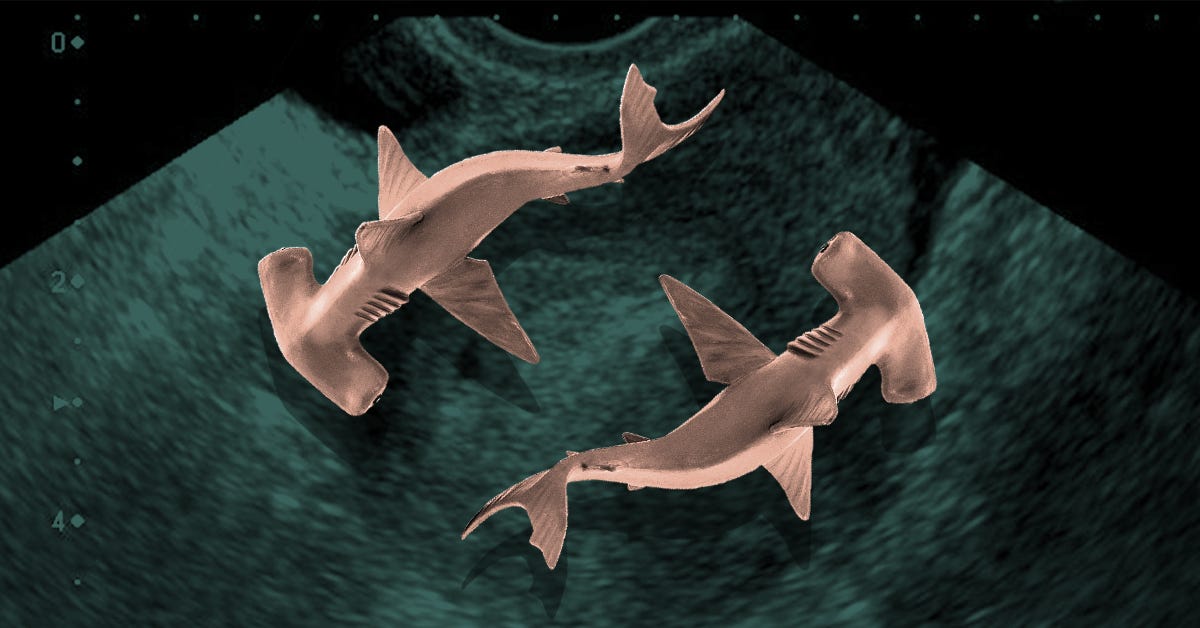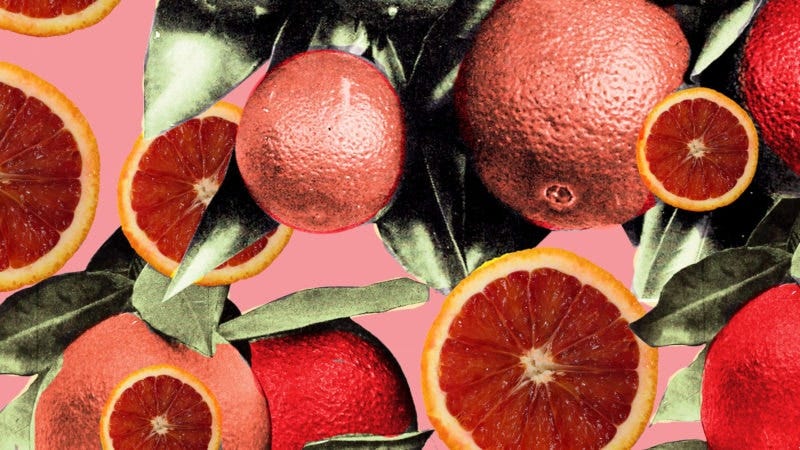The best personal essays of the week
Welcome back to Memoir Monday—a partnership between Narratively, The Rumpus, Catapult, Longreads, Tin House, Granta, and Guernica. It may be the start of a new work week, but at least we have this great new writing to get us through it.

Introducing Lamoishe and Hezbollah Schoenfeld
by Nato Green (art by Lauren Friedlander)
My grandfather was a medical officer in World War II who participated in the liberation of Buchenwald concentration camp. He said the best meal of his life was during the war, when the 12th Armored Division of the US Army ran out of gas in the French countryside in Brittany. He hung out waiting for gas and eating with country folk. By the time he told me the story, he no longer remembered what they ate, just that it was amazing, and I am that jackass who now has a research project to reconstruct mid-century Breton farm cuisine. I’ve been led to believe it’s a lot of crepes, which I allegedly cannot comprehend unless I get my hands on bona fide Brittany buckwheat.
Going Home
by Raja Shehadeh
I, a Palestinian, am always subject at any time to the whims of any Israeli soldier. For fifty years I’ve been possessed by that feeling of insecurity whenever I come back to my house. Will this precariousness ever come to an end? Nothing lasts forever: not this occupation or these turbid murmurings of my heart. The day will surely come when I will be free of apprehension.
Risking Life and Limb to Catalog the World’s Plants
by Erin Zimmerman
Lying in my hammock that night, a small collection of anaconda facts plays on repeat in my head. The green anaconda, Eunectes murinus, is one of two species of anaconda that is found in Guyana; there are four species globally. It has a maximum verified length of 20 to 30 feet, sometimes weighing over 500 pounds. It is the largest snake in the world. Feared throughout human history and often killed on sight, anacondas have a reputation as merciless man-eaters, crushing the bones of their victims before swallowing them whole. Sleep doesn’t come easily, tired as I am.
Three Car Crashes and the Long Afterward
by Beth Kephart
Time is a glass arrow. Time is the ice on the telephone wire, the distortion of the gleam. Now onto this crooked page I am writing my twenty-first birthday. I am placing myself on the fourth step of the hallway stairs in the house with the couch while my mother is on the phone in the kitchen talking to her best friend. Her nerves misfire, and her thighs tumefy, and her pain is the pain I cannot cure, and she is saying: Beth is the daughter I wish I’d never had. Beth is too much trouble.

Blood Oranges
by Carla Bruce-Eddings
Sometimes I miss the rugged indignity of childbirth. I don’t remember the last time I felt so uninhibited, so untethered from shame. Naked in the garden, and I didn’t give a shit. I was barely aware of the two a.m. Uber ride, the check-in process, the conversation with the admitting nurse, anything. The day my daughter’s dad and I learned we’d created a wriggling promise of a person, we went to Barnes & Noble and I bought a book that told me one shouldn’t think of labor as painful. Almost a year later, I did, because it was. The pain was incandescent: a sticky, piercing heat that felt a knife’s edge from ecstasy; it sent spasm after spasm through my limbs as I clung to the hospital sheets, straining toward the ceiling, yearning for the sky beyond it. I was half-gone, floating up to the cosmos, desperate for the frigid vastness of space, for my body to shatter into pieces and just float undisturbed, finally, finally. Back on earth, I was tethered, spread, split decisively open. My daughter slid from me, indignant, slick and firm as a plum, and stopped wailing as soon as they nestled her on my chest.
Fuck ‘90s Nostalgia
by Vanessa Veselka
If you just look at the pictures today, the ’90s seem like an orgy of freedom. But when I hear people speak of that time nostalgically, as carefree or pure, I want to eat glass. I know everyone has their truth now, but if you were trying to make music in Seattle then, you were objectively miserable. The demands of the market fractured the music community. While money was the reality, the rules were still punk rock: Every band should be a democracy. Don’t ever look like you care. Don’t ever look like you’re trying. All the while people were climbing over each other to put their signatures on a contract. Word was, if you’d been a band for over six months and weren’t signed, you should break up and start over because it wasn’t going to happen.
In a World Full of Cruelty and Injustice, Becoming a Mother Anyway
by Eliza Margarita Bates
At Auschwitz there is a snack bar, a vending machine, and sort of bookstore/gift shop where they sell postcards. It is a total mindfuck.
Writers’ Resources
Catapult is offering an 8-week online nonfiction workshop, "Unlocking Tough Stories," with Katherine Standefer starting in a couple weeks. Register here!
Tin House online will accept submissions between August 1 and August 21. When submissions are open, you can send your work here.
Support Memoir Monday
Thanks for reading! If you enjoy Memoir Monday, please consider making a one-time or recurring contribution here to keep the project sustainable. (Recommended donation is $1 per month—that’s just 25¢ per newsletter! When was the last time you got something great for a quarter?)
And if you received this week’s newsletter indirectly, consider subscribing so you never miss a Memoir Monday!




